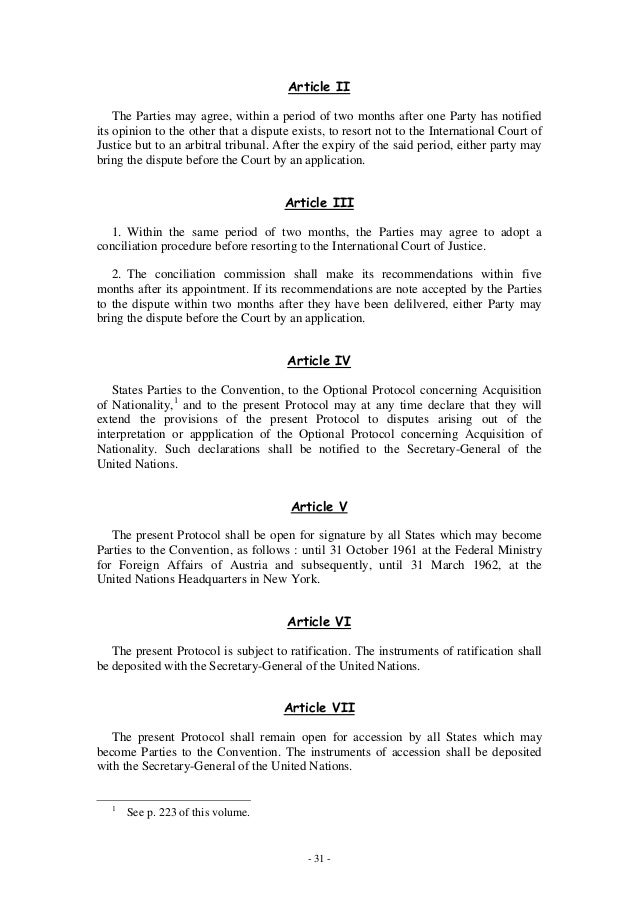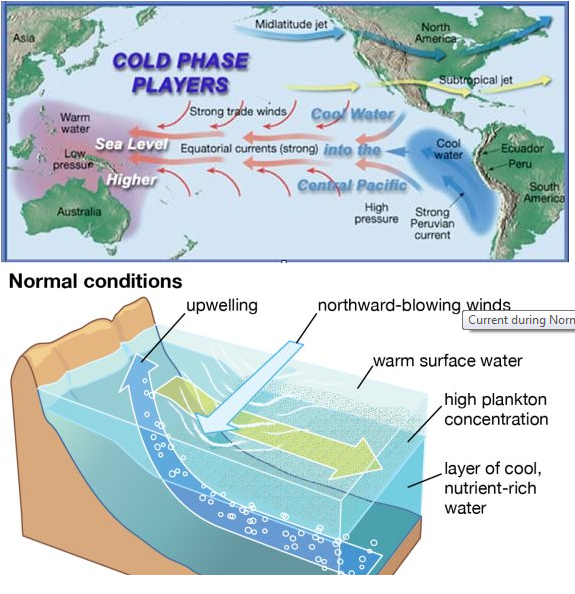

#VIENNA CONVENTION ON DIPLOMATIC RELATIONS FREE#
Article 27 guarantees free communication between a mission and its sending State by all appropriate means, and ensures that the diplomatic bag carrying such communications may not be opened or detained even on suspicion of abuse.Article 24 ensure s the inviolability of mission archives and documents – even outside mission premises – so that the receiving State may not seize or inspect them or permit their use in legal proceedings.While diplomatic missions can also employ their own security, ultimately, the host nation is accountable for security Basically, the security of any High Commission or Embassy is the responsibility of the host nation.As per the Vienna Convention, a “ receiving State ” refers to the host nation where a diplomatic mission is located.Even in response to abuse of this inviolability or emergency, the premises may not be entered without the consent of the head of the mission.Article 22 confirms the inviolability of mission premises – barring any right of entry by law enforcement officers of the receiving State and imposing on the receiving State a special duty to protect the premises against intrusion, damage, disturbance of the peace, or infringement of dignity.It codifies the longstanding custom of diplomatic immunity, in which diplomatic missions are granted privileges that enable diplomats to perform their functions without fear of coercion or harassment by the host country.It entered into force in 1964 and is nearly universally ratified, with Palau and South Sudan being the exceptions.It provides a complete framework for the establishment, maintenance, and termination of diplomatic relations on a basis of consent between independent sovereign States.

Vienna Convention on Diplomatic Relations

Dy High Commissioner was reminded in this regard of the basic obligations of the UK Government under the Vienna Convention.”.India has launched a strong protest against the United Kingdom over the vandalization incident at the Indian High Commission in London.It will be equally welcomed by practitioners and scholars of public international law as an indispensable source of reference and learning. This eagerly-awaited new edition provides an invaluable source of practical guidance for ministries of foreign affairs and diplomats in the field. The book also includes a thorough examination of novel problems in the field, not least the abuse of diplomatic immunity, as exemplified in the mid-1980s by notorious cases such as the Libyan Peoples Bureau siege and the attempted kidnapping of Umaru Dikko, as well as terrorist violence and hostile demonstrations against embassies. The negotiating background to the provisions is supplemented with a comprehensive commentary on the application of the Convention by the United Kingdom, and the United States of America, together with expanded coverage of the diplomatic practice and jurisprudence of other States. In this enlarged, rewritten and fully-updated edition, she places each provision of the Convention in its historical context. Denzas book is widely-recognized as the leading work of authority in the field. It is the second edition of a highly-respected work, first published in 1976, which was written with the benefit of the author's deep and practical understanding of the subject as a Legal Counsellor in the Foreign and Commonwealth Office. This book is a commentary on the 1961 Vienna Convention on Diplomatic Relations, the universally-accepted framework for diplomacy between sovereign States.


 0 kommentar(er)
0 kommentar(er)
